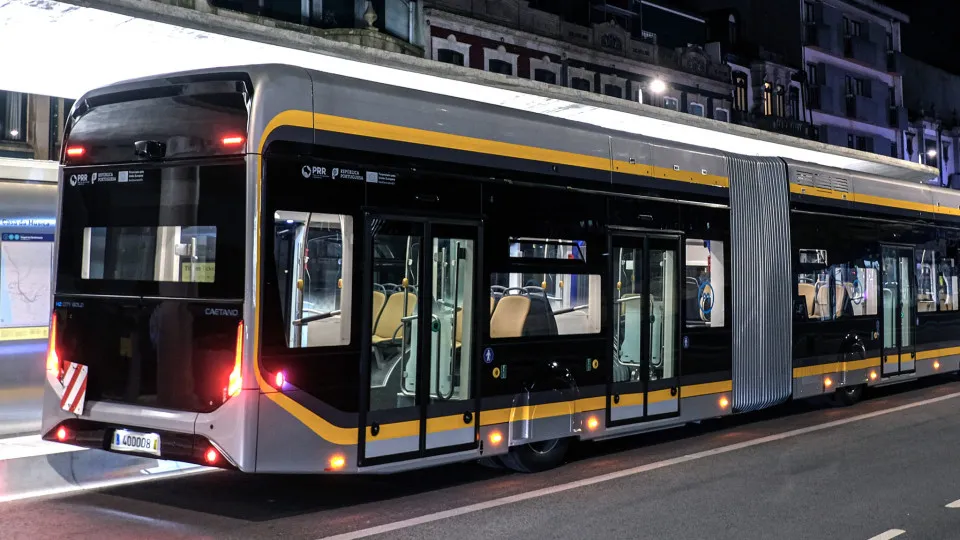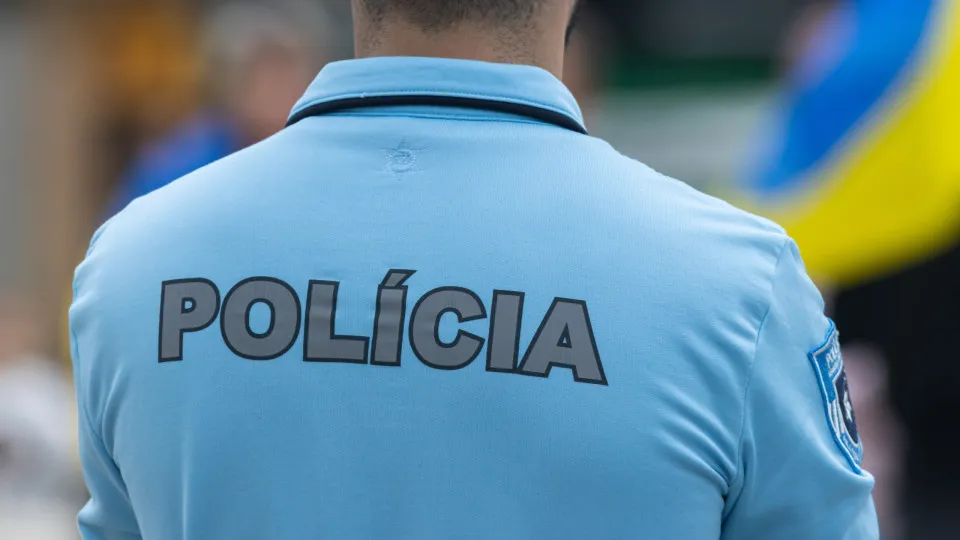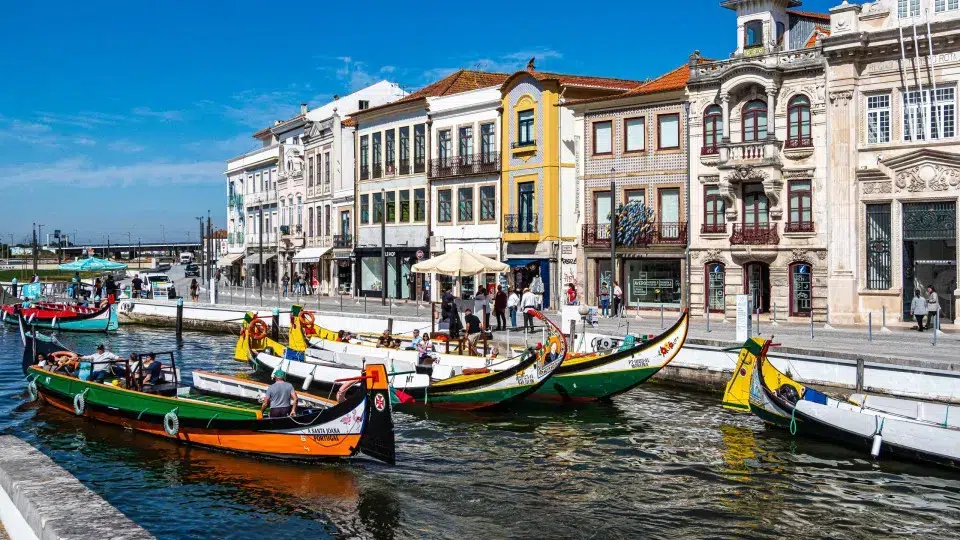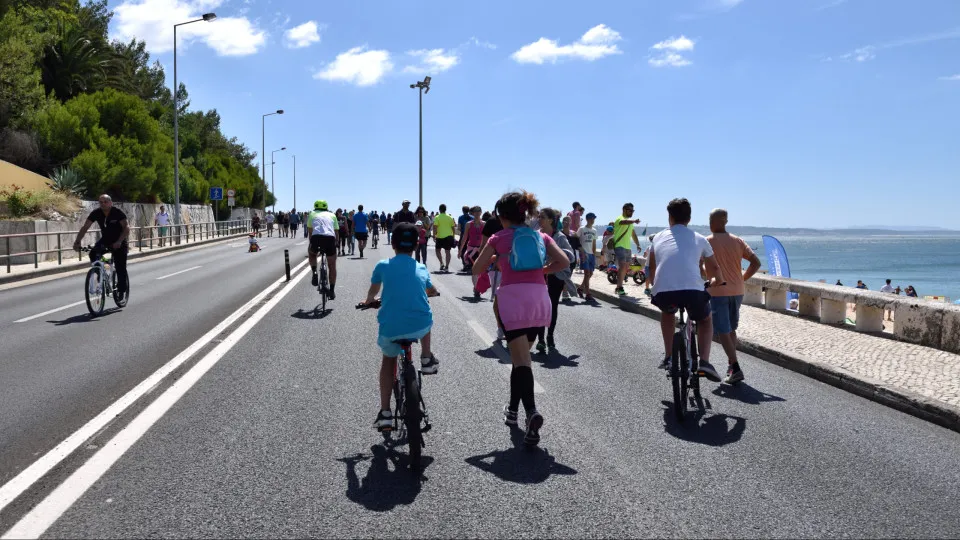
“The work is proceeding only on the central dedicated bus lane of Avenida da Boavista, between Rua Jorge Reinel (near Colégio do Rosário) and Avenida do Dr. Antunes Guimarães, and between this and Rua Miguel Torga (in the area of Escola Garcia de Orta),” according to a statement from Metro do Porto sent to editorial offices.
The undertaking starts on Monday, European Car-Free Day, and at this stage, “no impact is expected on road traffic on Avenida da Boavista.”
“The intervention does not include the intersections with Antunes Guimarães nor with the streets of Campinas and Jorge Reinel,” the transportation company notes.
This project “is expected to last three months, always in the central bus lane of Avenida da Boavista and always in this section with an approximate length of one thousand meters,” and it will “be constantly monitored by the Municipal Police.”
“In parallel with the progress of this project linking Boavista to Anémona, Metro do Porto is working on changes to the project that meet the objectives sought by the Porto City Council,” the company assures.
According to Metro do Porto, “the designers are developing an alternative solution for the section between the Garcia de Orta and Castelo do Queijo stations, in strict accordance with the city council’s request.”
The transportation provider also assures that “the commitments regarding the project’s Community funding are not at risk,” with “timelines compatible with the obligations for completion of works under the PRR/NextGenerationEU” secured.
The alternative solution proposed by the Porto City Council for the second phase of the metrobus saves the direct removal of 86 trees but might affect the announced travel time, according to Metro do Porto data provided to Lusa.
Data sent by a Metro do Porto source, following Lusa’s inquiries, indicated that in the originally designed solution for the second phase of the metrobus (from the area of Avenida Marechal Gomes da Costa to Anémona), the initial tally of 267 trees would increase to 305 by the end. However, with the alternative solution proposed by the Porto City Council, the final count would rise to 391 trees.
According to Metro do Porto, the project was revised following a request from the Porto City Council on April 1. On May 22, PSD/CDS-PP/IL candidate Pedro Duarte launched a petition aimed at maintaining the central bike path and avoiding the removal of trees, which the current city mayor, Rui Moreira, supported.
The metrobus is expected to connect Casa da Música to Praça do Império (in 12 minutes) and to Anémona (in 17), with hydrogen buses visually similar to conventional metro vehicles, constructed at a cost of 29.5 million euros, including the fueling infrastructure.
The vehicles have already arrived, and the first phase of the project is completed, but the service is not yet operational, as the Avenida da Boavista channel is currently used by users of soft mobility modes, such as bicycles and scooters.
On July 14, Porto City Mayor Rui Moreira stated he would not “waste more time” on the metrobus issue and would leave it to the next executive.
The government’s Minister of Infrastructure, Miguel Pinto Luz, said it is necessary “to carry out an evaluation” and “pause,” but “not pause too long, because this is to be executed, and at the right time, a final decision should be made” regarding the first phase’s operation.




